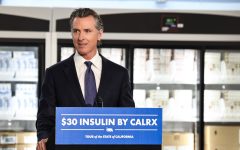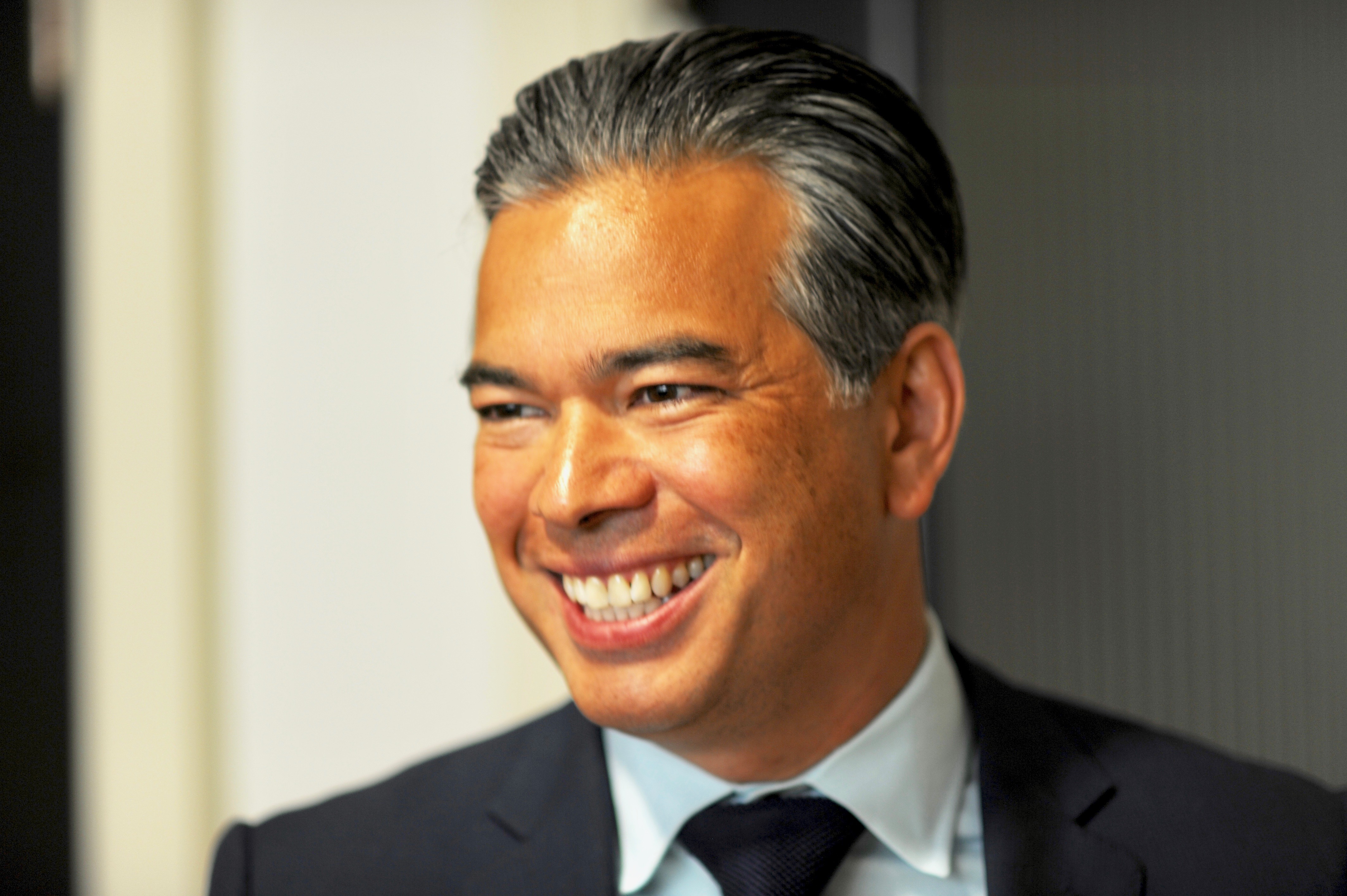
Senator Scott Wiener. (Photo: Kevin Sanders for California Globe)
Bill to Cap Insulin Prices In California Vetoed By Gov. Newsom
SB 90 was deemed redundant due to Newsom’s insulin plan launched earlier this year, falling insulin prices nationwide
By Evan Symon, October 9, 2023 6:46 pm
A bill that would have capped insulin prices in California at $35 for a 30 day supply was nixed by Governor Gavin Newsom during the weekend, with the Governor citing that the state had already lowered insulin prices below that amount earlier this year.
Senate Bill 90, authored by Senator Scott Wiener (D-San Francisco), would have prohibited a health care service plan contract or a disability insurance policy or a contract or policy offered in the individual or small group market from imposing a copayment, coinsurance, deductible, or other out-of-pocket expense of more than $35 for a 30-day supply of insulin.
Wiener authored SB 90 earlier this year to help cap off increasing prices of insulin and similar drugs. Wiener also showed evidence for the need in California for cheap insulin, including giving findings such as one insulin vial going from costing $21 in 1999 to $332 in 2019.
“No one should be forced to choose between food and insulin,” said Senator Wiener. “If nonprofits like Civica Rx can sell insulin for $30, health plans and pharmacies have no business charging $400 for the same dose. Those groups, along with drug companies and middlemen, are raking in record profits while Californians are saddled with financial hardship and medical emergencies. This legislation will make California more livable for millions of people, setting firm deadlines and regulations for the middlemen responsible for the price increase in recent years.”
SB 90 proceeded to languish in the Senate, with a new version of the bill being released earlier this year. While SB 90 finally began to get traction this year, Governor Gavin Newsom announced a new program in March that would make $30 insulin available for those who need it in the state. Findings that insulin makers were also capping prices at around $35 amid a rush to get to cheaper prices also largely hurt Wiener’s momentum. However, Wiener still pushed his bill, saying that the companies found ways to sell expensive insulin within the state. SB 90 proceeded to pass both houses last month with unanimous votes, but many experts warned that, with prices dropping everywhere, the bill would not likely make it through.
“Insulin suddenly became affordable once again,” added Sage Thompson, a prescription drug supplier liaison. “It was never $300 or $400 bad except on the absolute worst days, but those are the numbers people like Wiener cited. And now, insulin prices have been on the downswing. But Wiener was committed and saw this through to the end. Turns out, it didn’t matter, because Newsom had his own program in place already, with the drug companies backing it up with cheap insulin. SB 90 was made redundant some time ago.”
On Saturday, Newsom vetoed the bill, citing his $30 insulin program earlier this year.
“I am returning Senate Bill 90 without my signature,” wrote Newsom during the weekend. “This bill would prohibit health plans from imposing a copayment of more than $35 for a 30-day supply of an insulin prescription drug.”
“Bringing down the costs of prescription drugs, and particularly insulin, has long been a priority of mine. People should not be forced to go into debt to get lifesaving medicines. In March, I announced the state’s partnership with Civica to create our own line of CalRx biosimilar insulins that will cost no more than $30 per l 0ml vial or $55 for five 3ml cartridges. This is a fraction of the current price for most insulins, and CalRx biosimilar insulins will be available to insured and uninsured patients nationwide. With CalRx, we are getting at the underlying cost, which is the true sustainable solution to high-cost pharmaceuticals. With copay caps however, the long-term costs are still passed down to consumers through higher premiums from health plans. As a state, we have led the nation in our efforts and investments to address the true underlying costs of insulin prescription affordability.
“For these reasons, I cannot sign this bill.”
As of Monday evening, it is unknown if Wiener will try to advance this bill again next year.




